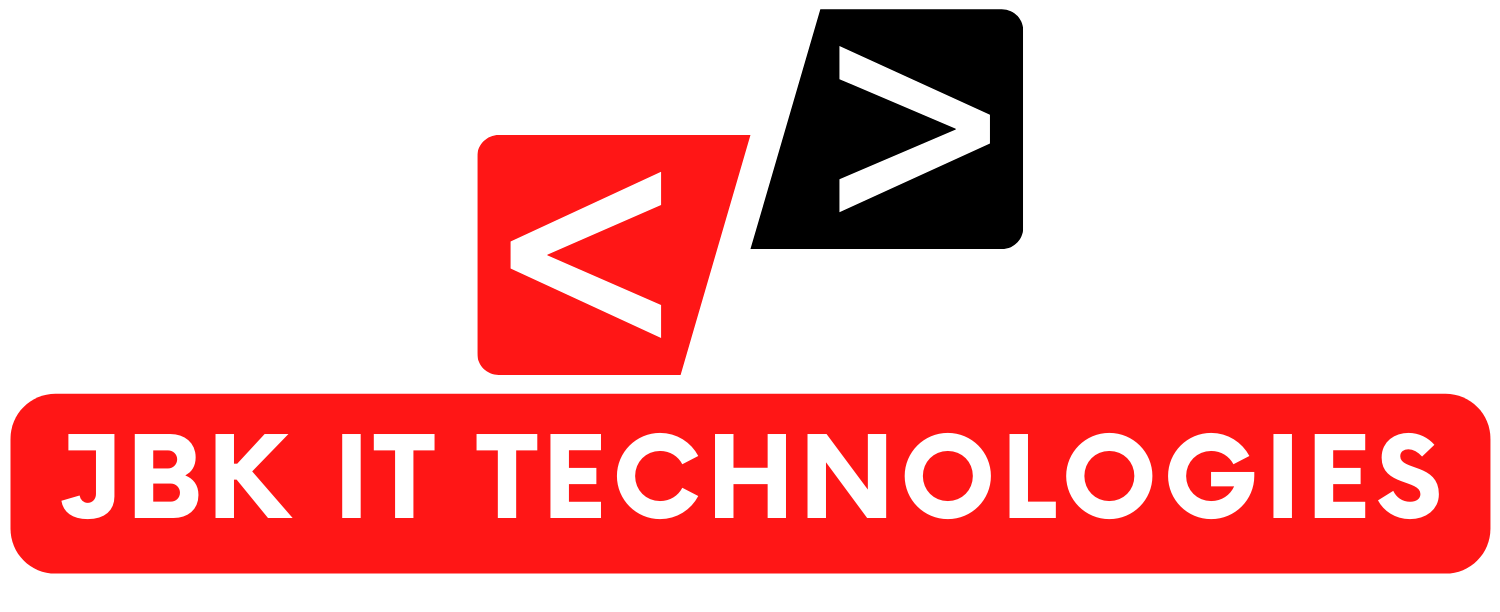Java Fullstack
Here are some interview questions and answers for Java full-stack developers:
- What is full-stack development?
Full-stack development is the ability to develop both the front-end and back-end of a web application. This means that a full-stack developer can work with both HTML, CSS, and JavaScript on the front-end, and Java, Spring Boot, or Node.js on the back-end.
- What are the benefits of being a full-stack developer?
There are many benefits to being a full-stack developer. First, it allows you to be more involved in the entire development process, from the initial design to the final deployment. Second, it makes you more marketable to employers, as they will know that you have the skills to work on both the front-end and back-end of a web application. Third, it allows you to learn more about the different aspects of web development, which can make you a more well-rounded developer.
- What are the most important skills for a Java full-stack developer?
The most important skills for a Java full-stack developer include:
- Java programming: This is the foundation of any Java full-stack developer’s skill set.
- Spring Boot: Spring Boot is a popular framework for developing Java web applications.
- Node.js: Node.js is a popular framework for developing JavaScript-based web applications.
- HTML, CSS, and JavaScript: These are the essential front-end development languages.
- Databases: A full-stack developer should be familiar with at least one database, such as MySQL or PostgreSQL.
- Version control: Version control is essential for any software development project.
- Testing: Testing is essential for ensuring the quality of your code.
- What are some of the challenges of being a full-stack developer?
There are a few challenges that full-stack developers face, including:
- The need to be up-to-date on the latest technologies: The web development landscape is constantly changing, so it’s important for full-stack developers to stay up-to-date on the latest technologies.
- The need to be able to work independently: Full-stack developers often work independently, so they need to be able to work well on their own.
- The need to be able to communicate effectively: Full-stack developers need to be able to communicate effectively with both technical and non-technical stakeholders.
- What are some of the most common mistakes that full-stack developers make?
Some of the most common mistakes that full-stack developers make include:
- Not using version control: This can lead to problems if you need to revert to a previous version of your code.
- Not testing their code: This can lead to bugs in your code that can cause problems for your users.
- Not being up-to-date on the latest technologies: This can lead to your code being outdated and insecure.
- Not communicating effectively: This can lead to misunderstandings and delays in the development process.
I hope this helps!

